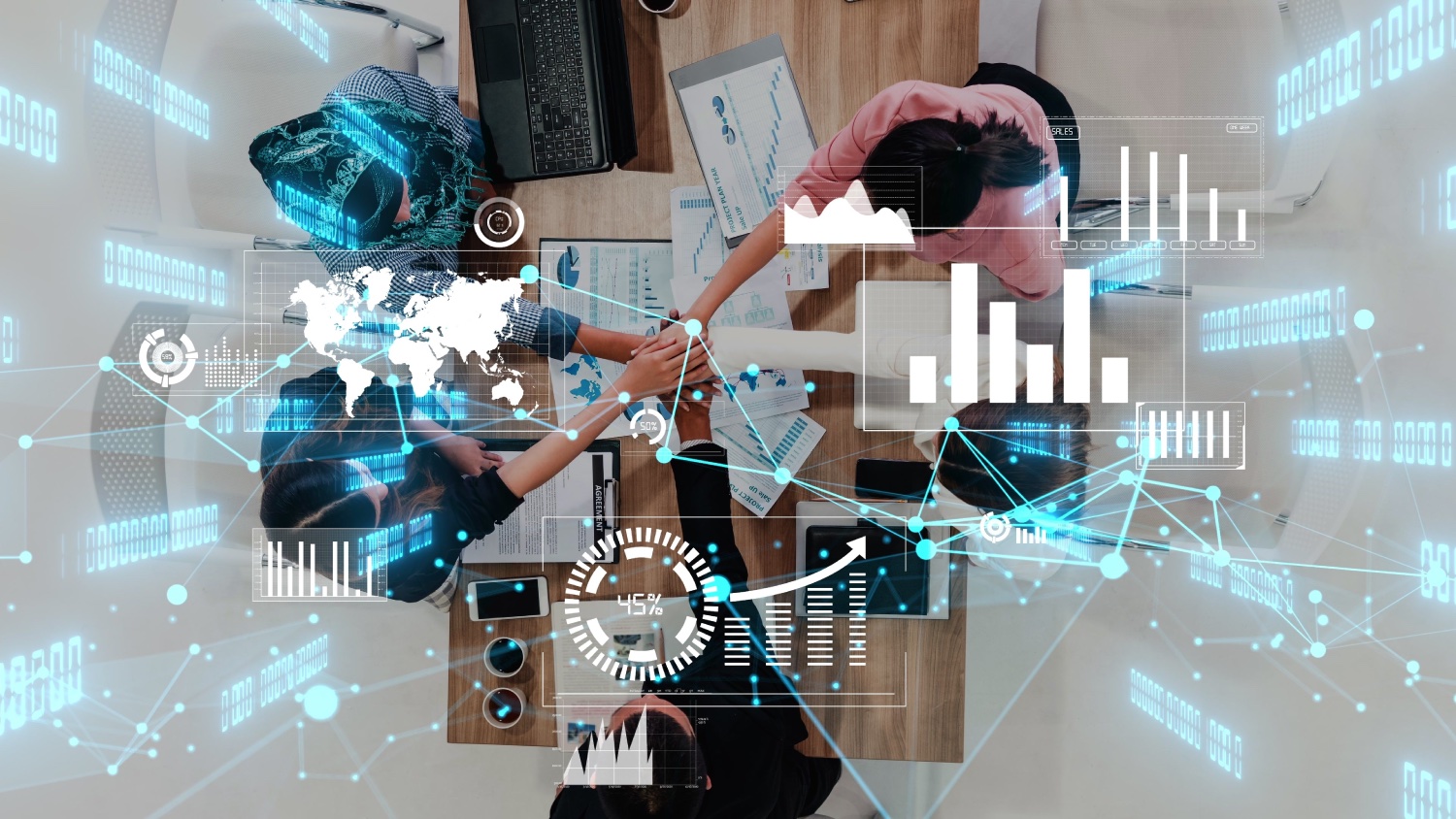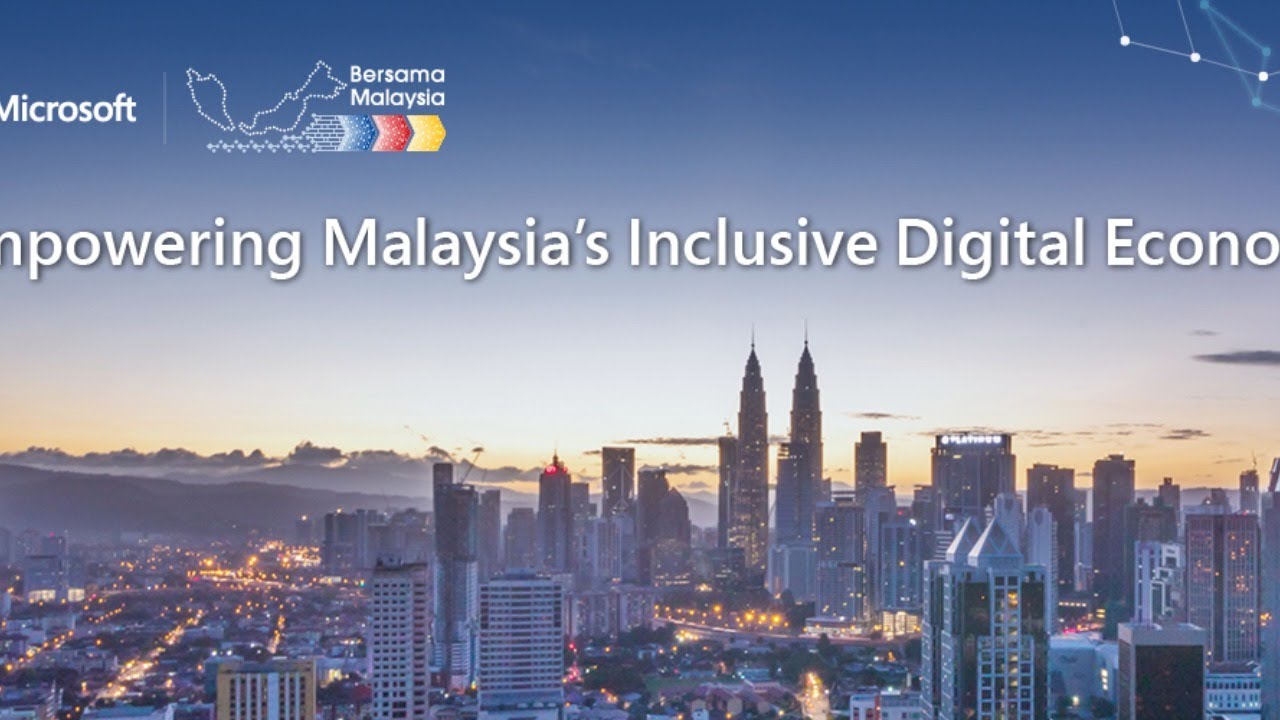
Nigeria’s Move into AI’s Large Language Models Should Not Be Ignored
The year 2024 has seen landmark events in the growing knowledge and embracing of artificial intelligence (AI) around the world. Researchers, scientists, software developers, and several stakeholders have continued to announce advancements and innovations in AI technologies, including machine learning, natural language processing, and robotics, across laboratories on different continents.
 AI innovation
AI innovation
What we are experiencing is a surge in algorithm developments, increased computational power, and the expanding application of AI to advance various sectors, from digital media to healthcare, education, finance, business, real estate, governance, and so on.
This sudden shift and integration into daily lives and global systems is also raising smoke within the social and political environs, where there is an increasing need to revisit relevant ethical considerations and regulatory frameworks while continually monitoring societal impacts.
However, throughout history, culturally unfamiliar evolutions in society, such as the resurfacing of AI, have attracted cynicism—and understandably so. Therefore, amid an ongoing technology shift, there is a salient urgency for government and stakeholders across all sectors to conscientiously engage with the current trends as a signal of collective control over their potential societal impacts.
Content Diversity
The development and deployment of Nigeria’s multilingual LLM stands as a pivotal moment for content diversity in AI. Traditional AI models often focus on high-resource languages, predominantly those spoken in the Global North, thus marginalising many languages and dialects spoken in Africa and other parts of the world.
 Language diversity
Language diversity
Nigeria’s LLM, trained in five low-resource languages and accented English, challenges this paradigm by ensuring these languages are represented and preserved in the digital age. This inclusion has profound implications. First, it enriches the AI training datasets, leading to more robust and versatile AI systems capable of understanding and processing a wider array of human languages.
Modelling an Inclusive Digital Economy
Nigeria’s AI initiatives have significant potential to reshape the global digital economy by promoting inclusivity. The establishment of the Nigeria AI Collective and the enhancement of the National Centre for Artificial Intelligence and Robotics (NCAIR’s) capacity with support from global technology leaders like Cisco underscore a commitment to achieve this robust goal.
 Inclusive digital economy
Inclusive digital economy
The goal of inclusivity is highly attainable if the stakeholders maintain a strict ecosystem that is open to participation, including AI enthusiasts, students, startups, and civil society organisations (CSOs), apart from elite researchers or tech giants.
International Trade Expansion
The multilingual capabilities of Nigeria’s LLM also have significant implications for international trade. Language barriers often pose substantial challenges in global commerce, particularly for businesses and entrepreneurs in non-English-speaking regions.
 International trade
International trade
Nigeria’s LLM can promote smoother trade relations and negotiations by facilitating more effective communication across linguistic boundaries. This increases local Nigerian enterprises’ access to global markets.
To increase their reach and accelerate economic growth, entrepreneurs and small and medium enterprises (SMEs) can interact with overseas partners and customers more effectively. Additionally, as international companies try to get a foothold in Nigeria’s expanding market, the improved communication capabilities may draw in foreign collaborations and investments.
Nigeria is poised to improve its trading prospects and make a positive contribution to a more integrated and cohesive global economy by overcoming linguistic barriers through investments in AI systems.
Nigeria’s pioneering move into AI, particularly through the development of multilingual LLMs and the establishment of a comprehensive AI ecosystem, holds key global implications.
Alongside changing its socioeconomic landscape, Nigeria also sets an example for other countries by promoting variety in content, building a digital economy that is inclusive of all people, and increasing international trade.
Whether we pay attention or ignore it, the world is indeed observing Nigeria’s AI journey.
Despite the optimistic outlook on Nigeria’s adoption of AI and LLMs, there are significant concerns that continue to warrant careful consideration.
From a potential threat to human labour when not meticulously implemented to contradictory ethical standards often dictated by the Global North, which may not align with the unique socio-cultural contexts of countries like Nigeria, and so on.
These arguments emphasise the necessity of approaching the adoption of AI with a balanced approach that considers both its potential benefits and the associated risks.















